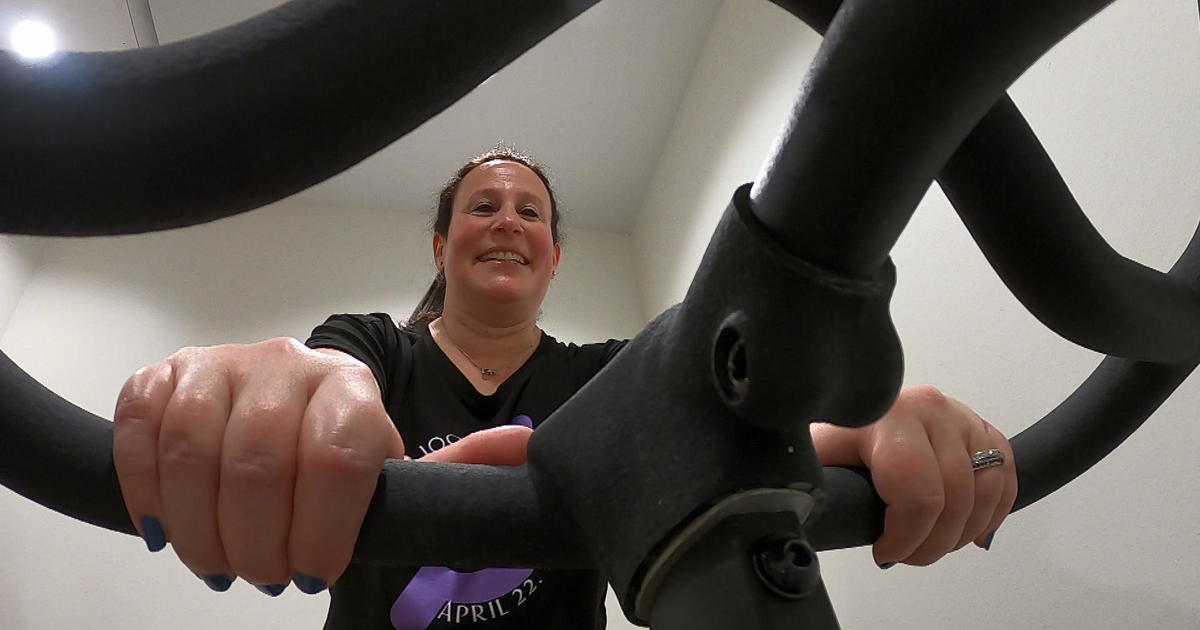Cancer Drug Reducing Size Of Tumors In Dogs
PHILADELPHIA (CBS) -- Dogs are providing more than just love and companionship as man's best friend are now leading the way in cancer research.
The Pierceall family dog was near death from a brain tumor, but a new treatment – a pill for cancer – has extended her life. Now, doctors are studying if this same treatment could also help human patients.
Something terrifying happened this past summer with Albert and Genevieve Pierceall's rescue pup, Abby.
"She looked like she was going to yawn or something and kind of stretch her legs out, and I realized that she had completely locked up and started convulsing," Albert Pierceall says.
An MRI revealed brain cancer.
"They told us that it was probably just a couple of months that she had," recalls Genevieve Pierceall.
The only option? An experimental drug called PAC-1.
The drug has minimal side effects and no guarantee it would work, but it did.
"There was an 8 percent reduction in the size of the tumor," Albert Pierceall says. The reduction came after a couple of months of taking the drug.
A follow-up MRI, four months after starting therapy, showed no tumor growth.
"We have seen positive results especially in combination with other widely used cancer drugs," he says.
In another dog treated with the drug, they achieved a tumor reduction of nearly 50 percent.
The doctors are happy with results so far but say it's important to keep realistic expectations.
"We are still in the Phase 1 trial," medical oncologist Oano Danciu says.
Twenty people are a part of the study that started almost two years ago.
It's at least five to eight years away from being widely available to human patients. The Piercealls are just glad it worked for Abby.
"If we get six more months that will be amazing," Genevieve Pierceall says.



